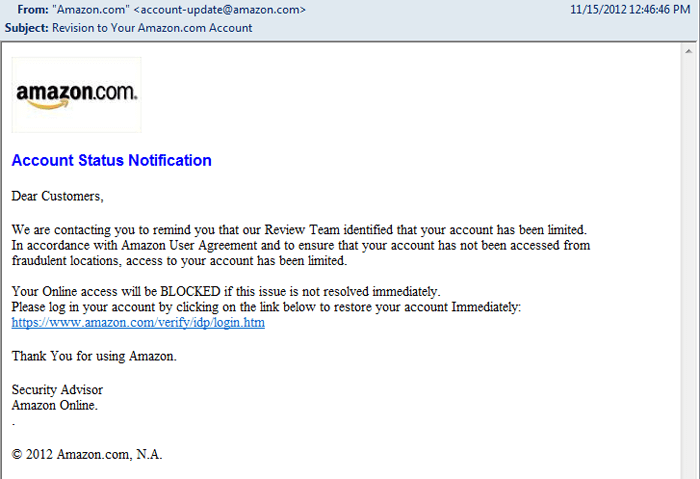How much time do we spend online?
Learn It

- Most children and young adults have had access to the Internet for their entire lives.
- They spend considerable portions of their days (and nights) viewing the Web, talking on messaging apps, and playing online games.
- We still don't know whether this may turn out to cause have psychological or health problems in later life.
Try It
- We're going to start with a small survey, to find out how much time you spend online in comparison to your peers.


